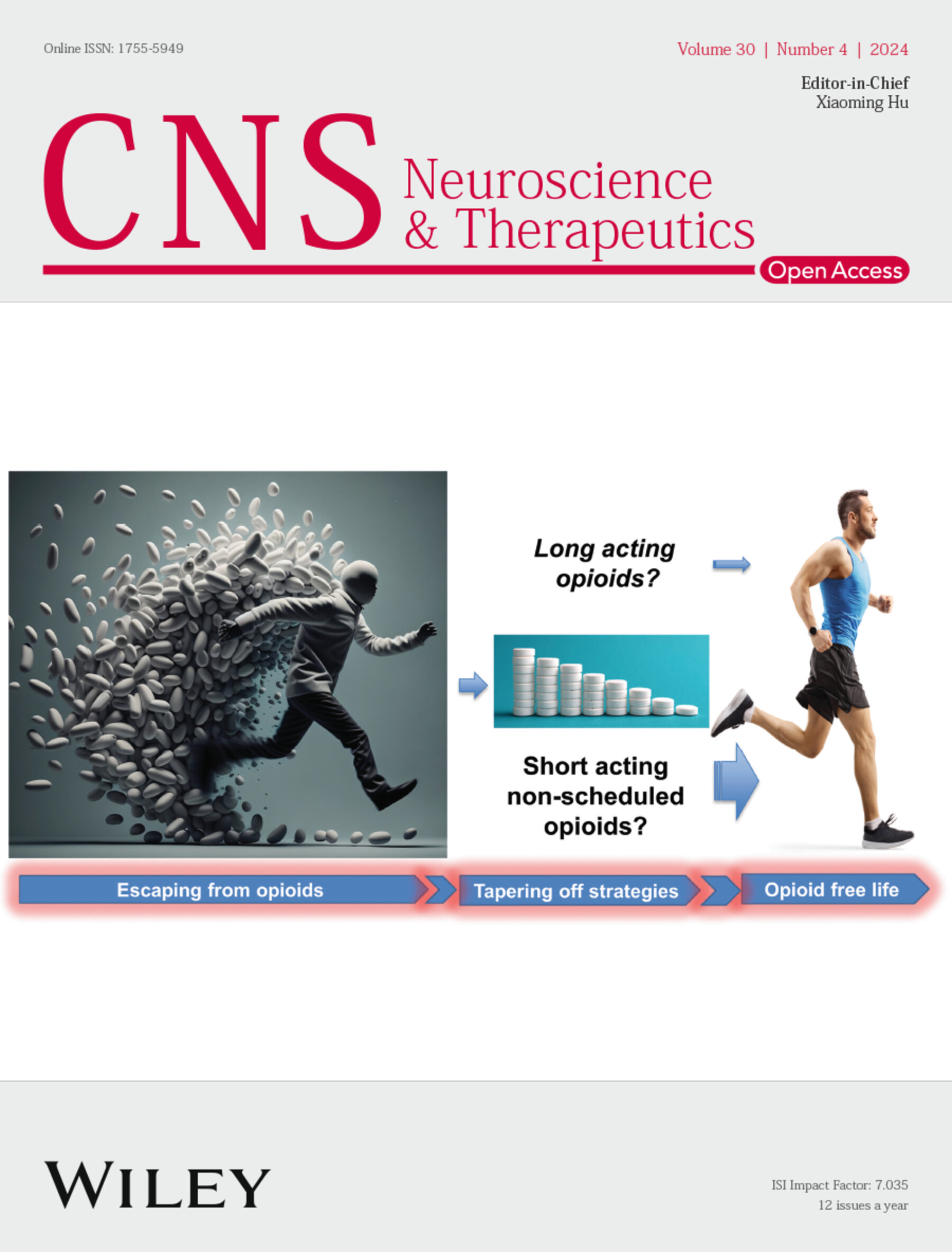Effect of Probiotics Supplementation on REM Sleep Behavior Disorder and Motor Symptoms in Parkinson's Disease: A Pilot Study
Abstract
Background
Parkinson's disease (PD) patients experience gut microbiota dysbiosis. Probiotic intervention could potentially serve as a safe and effective adjunctive therapeutic approach for PD, but its effects on rapid eye movement sleep behavior disorder (RBD) and motor symptoms in PD patients warrant further investigation.
Objectives
To examine the influence of probiotics on RBD, motor symptoms, gut microbiota, and serum metabolites in individuals with PD.
Methods
In this randomized controlled trial, PD patients were randomly allocated to either a probiotics or a control group while maintaining standard treatments. Clinical outcomes, including Unified Parkinson's Disease Rating Scale (UPDRS) and RBD Questionnaire-Hong Kong (RBDQ-HK) were assessed at baseline and post-treatment. Furthermore, fecal and blood samples were collected from PD patients at both timepoints, with additional samples obtained from healthy controls for comparison. The 16S rRNA gene V3-V4 region sequencing method was used to analyze gut microbiota composition, and untargeted metabolomic techniques were utilized to assess serum metabolite alterations, followed by correlation analysis.
Results
Fifty eligible PD patients were enrolled and randomly allocated into two groups. After 12 weeks of intervention, the probiotic group showed significant reductions in both UPDRS total scores (−4.8 ± 7.5 vs. 1.8 ± 13.1, p = 0.009) and RBDQ-HK scores (−7.5 ± 6.5 vs. 0 ± 5.8, p = 0.015) compared to controls. Gut microbiota analysis revealed increased abundance of Actinobacteria, Negativicutes, and Bacillus, with reductions in Lactococcus, Comamonas, and Enterococcus after probiotic intervention. Furthermore, compared to normal controls, PD patients exhibited 9 significantly elevated and 11 significantly reduced metabolites; probiotic intervention altered the serum metabolome in PD patients.
Conclusions
This study demonstrated probiotics' potential to ameliorate RBD and motor symptoms while positively affecting the composition of the gut microbiota and serum metabolites in PD patients.


 求助内容:
求助内容: 应助结果提醒方式:
应助结果提醒方式:


